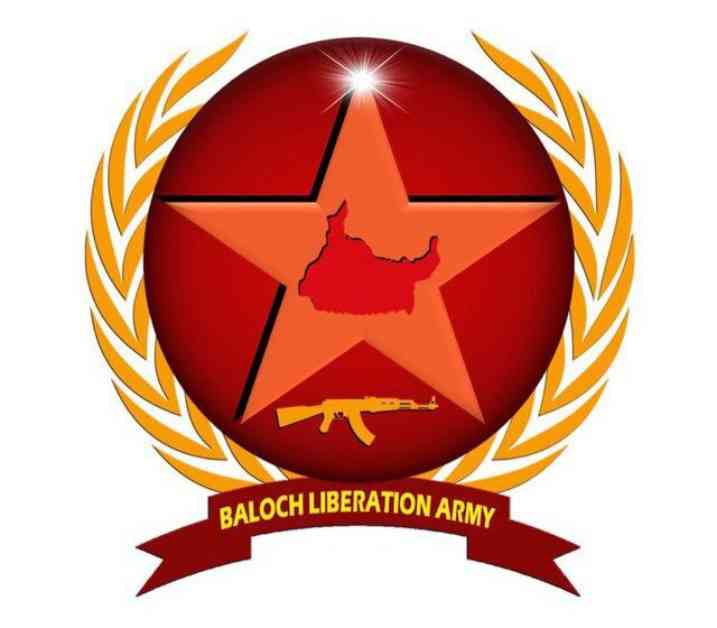The recent attack on an FC camp in Nushki by the Baloch Liberation Army (BLA) has once again brought attention to the ongoing conflict in Balochistan. This incident, which took place on August 3, has raised concerns about the escalating violence in the region and the impact it is having on the local population.
BLA Claims Responsibility
According to Azad Baloch, the spokesperson for the BLA, their fighters launched an attack on the FC camp in Nushki by firing four grenade launcher shells during sunset. These shells landed in the main compound, causing significant damage to the facility. This brazen attack signifies the BLA’s continued efforts to challenge the Pakistani military presence in Balochistan and assert their demands for greater autonomy and rights for the Baloch people.
The BLA has claimed responsibility for this attack, citing it as a response to what they perceive as the Pakistani military’s oppressive tactics in the region. The spokesperson warned the Nushki police against collaborating with the military, accusing them of participating in the “Baloch genocide” and working against the Baloch national movement. This warning underscores the BLA’s determination to challenge any perceived threats to their cause, even if it means targeting local law enforcement officials.
Escalation of Violence
This attack is just the latest in a series of violent incidents attributed to the BLA in Balochistan. The group has previously claimed responsibility for attacks on a government festival in Turbat, the killing of alleged ‘state informers’ in Harnai, and an assault on the office of a state collaborator named Akbar Nasir Kamalkhail in Dukki. These actions highlight the BLA’s willingness to use force to advance their agenda and challenge the authority of the Pakistani state in the region.
The escalation of violence in Balochistan is a cause for concern for both the local population and the authorities. The targeting of security forces, government officials, and alleged informers has created a climate of fear and instability in the region, making it difficult for ordinary civilians to go about their daily lives. The BLA’s actions have also raised questions about the effectiveness of the government’s counterinsurgency efforts and its ability to address the underlying grievances of the Baloch people.
Challenges and Opportunities for Peace
The attack on the FC camp in Nushki underscores the complex challenges facing Balochistan and the need for a comprehensive approach to addressing the region’s long-standing issues. The conflict between the BLA and the Pakistani state is rooted in historical grievances, including allegations of economic exploitation, political marginalization, and human rights abuses. These grievances have fueled a cycle of violence and mistrust that has hindered efforts to achieve lasting peace and stability in the region.
Despite these challenges, there are opportunities for dialogue and reconciliation that could help to address the root causes of the conflict in Balochistan. The Pakistani government has expressed a willingness to engage with moderate Baloch nationalist groups and address their demands for greater autonomy and rights. Similarly, the BLA could choose to pursue a political rather than a military solution to their grievances, opening up the possibility of a negotiated settlement that benefits all parties involved.
In conclusion, the attack on the FC camp in Nushki by the BLA highlights the ongoing conflict in Balochistan and the urgent need for a peaceful resolution to the region’s long-standing issues. The violence and instability in the region have taken a toll on the local population, creating a climate of fear and uncertainty that hinders development and progress. It is essential for all stakeholders to engage in dialogue and negotiation to address the root causes of the conflict and work towards a sustainable peace that benefits all parties involved.













